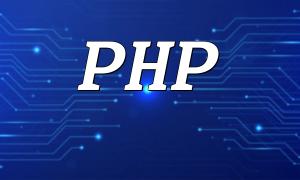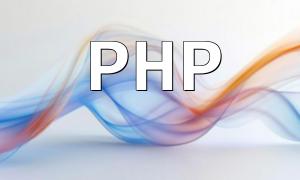Popular PHP Web Frameworks
PHP, as a widely used server-side programming language, has many mature frameworks available for developers. These frameworks help developers build web applications more efficiently, improving code quality and project maintainability.
Main PHP Web Frameworks
Here are some of the most popular PHP web frameworks:
- Laravel: Known for its elegant syntax and powerful features, Laravel follows the MVC architecture and includes built-in routing, templating, task scheduling, and ORM support, making it suitable for medium to large projects.
- Symfony: A modular framework composed of independent components, ideal for building complex or enterprise-level web applications.
- CodeIgniter: A lightweight framework with simple configuration and fast performance, suitable for small to medium projects or rapid development.
- Zend Framework: Offers a comprehensive set of libraries and components, flexible structure, suitable for scalable enterprise applications.
- Phalcon: A high-performance framework written in C, delivering excellent execution speed, especially suitable for projects with high performance requirements.
Key Factors for Choosing a Framework
When selecting a PHP framework, consider the following aspects:
- Project scale and complexity: Large projects benefit from modular or component-based frameworks, while small projects may prefer lightweight frameworks for faster development.
- Code reusability: A good framework often has modular design to facilitate code reuse and maintenance.
- Extensibility: Consider whether the framework supports plugin extensions and integration with third-party libraries.
- Learning curve: Frameworks differ in ease of learning; choose one that matches your team's experience and skills.
- Community and documentation: An active developer community ensures continuous updates, rich learning resources, and strong technical support.
Conclusion
Each PHP framework has its own strengths and suitable use cases. When choosing one, consider project type, team skills, and performance requirements. Comparing framework features and ecosystems can help developers quickly identify the most appropriate solution, enhancing development efficiency and code quality.








